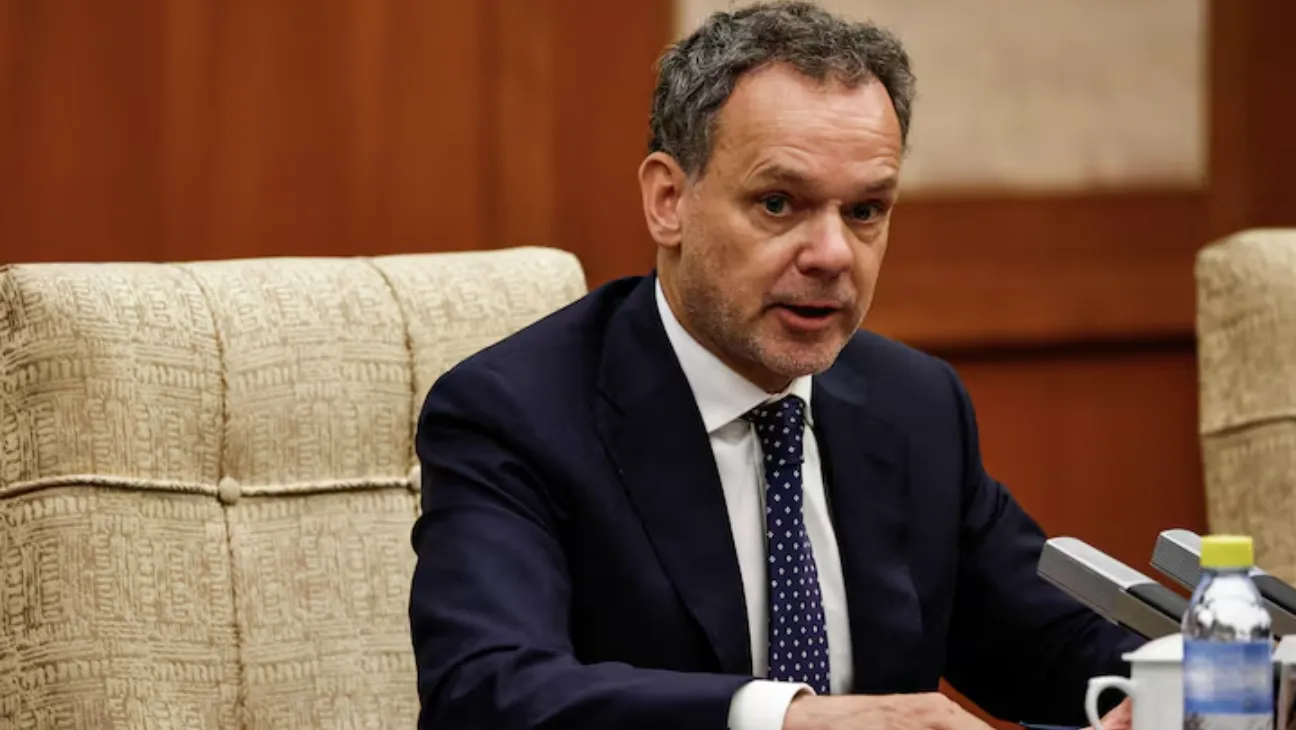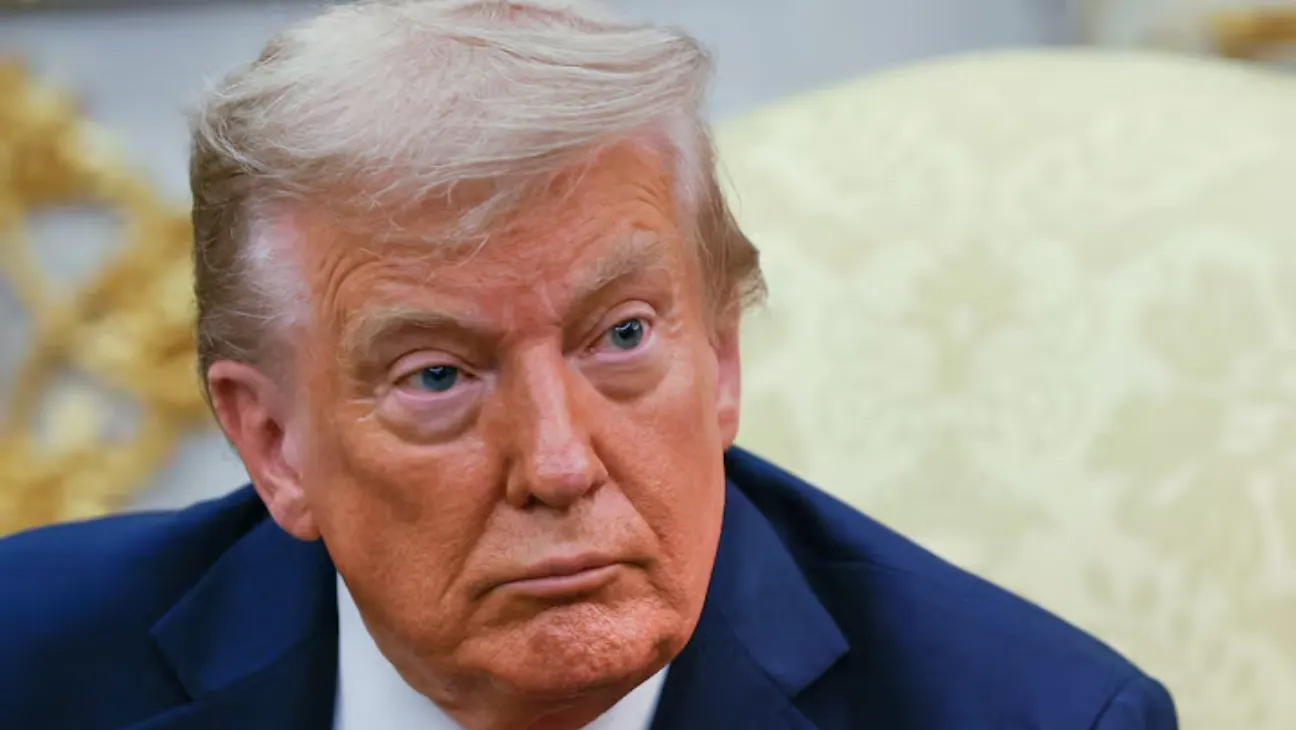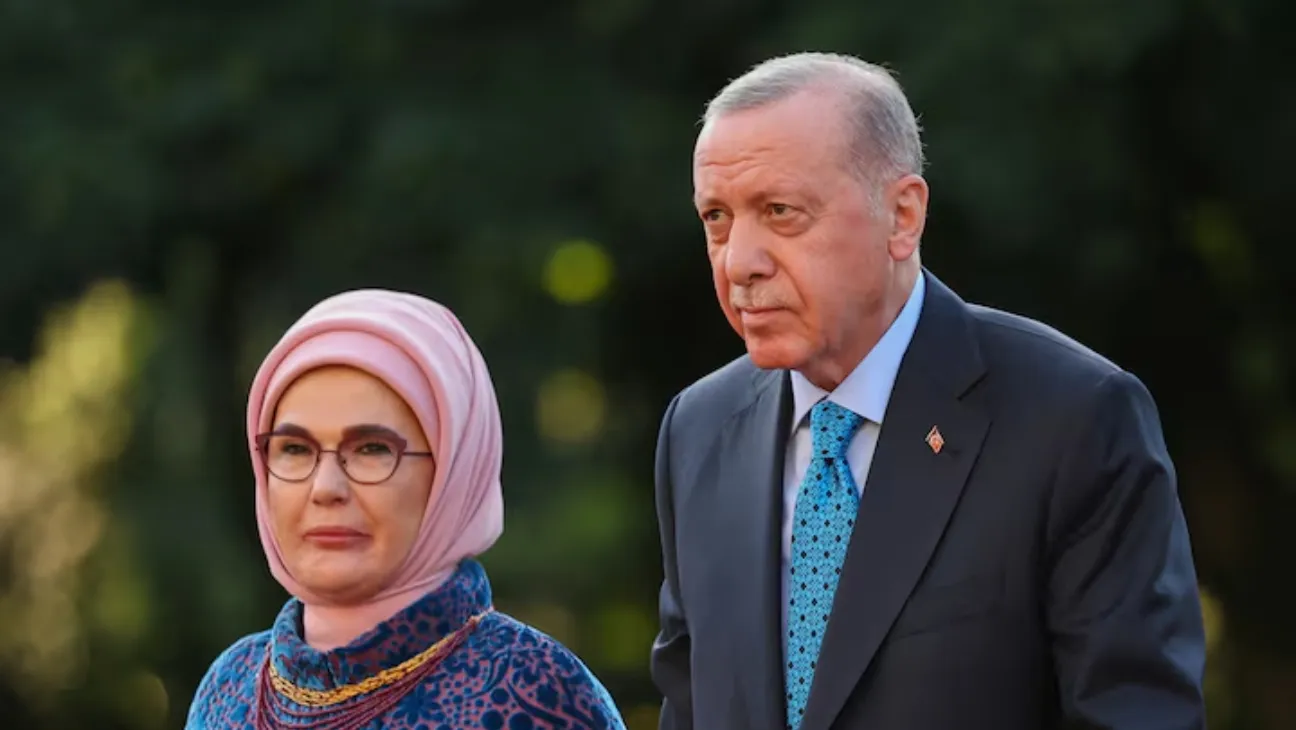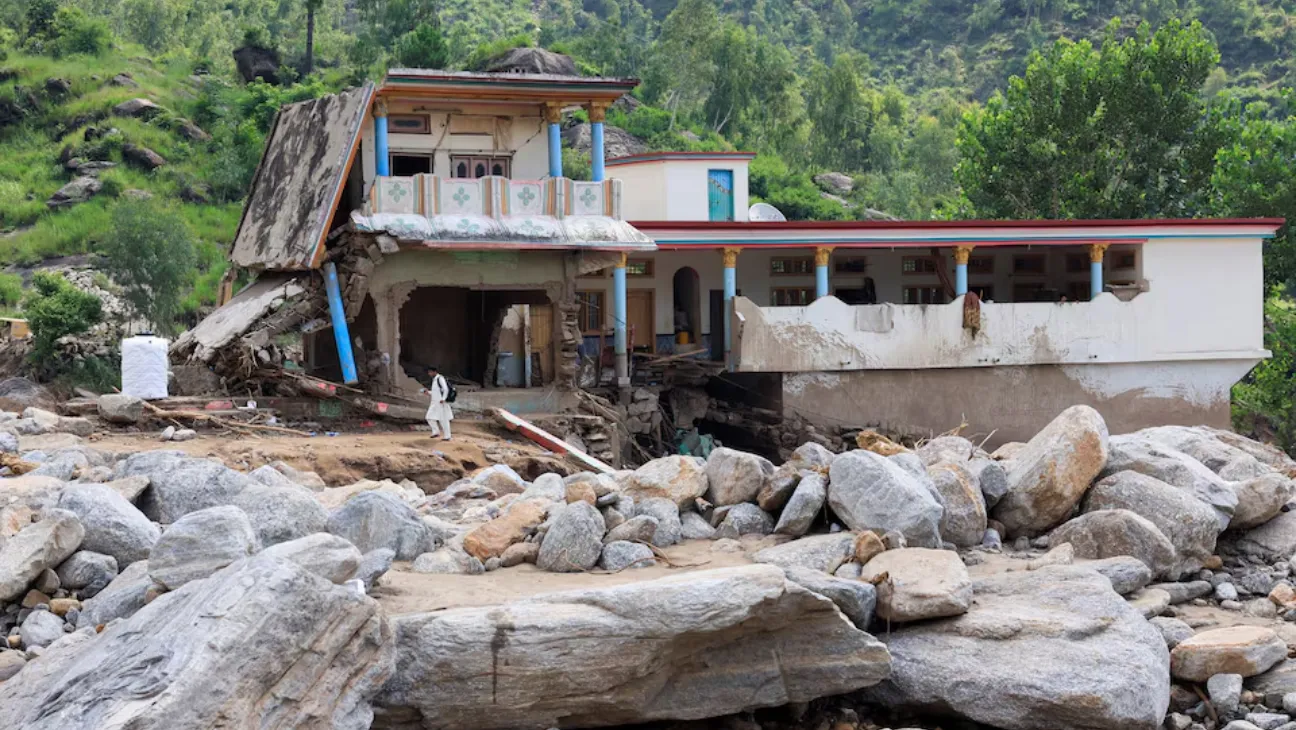The Dutch government said Thursday it would not recognize a Palestinian state at this time, distancing itself from several European allies moving toward formal recognition amid the ongoing conflict in Gaza.
During an emergency debate on the crisis in Gaza, Foreign Minister Caspar Veldkamp told lawmakers that the situation in Gaza was “very worrying” but that this was not the right time for recognition. At a special parliament session, it was said that “The Netherlands has no intention for now to recognize a Palestinian state,” who was recalled from summer recess for the debate.
Veldkamp’s remarks followed growing domestic and European pressure for governments to take a tougher line in the war. And France has already declared to acknowledge the Palestinian state in September. The United Kingdom has warned it might do the same unless Israel calls a ceasefire and steps up humanitarian assistance to Gaza.
The pressure was on the government Thursday. And just as parliament was getting under way over in The Hague, a noisy throng of around 250 people turned up outside. There were banners all over the place and also joyfully chanting for a ceasefire and also for even more aid to reach Gaza.
It was pretty clear they were there to send a message — cordially letting the politicians inside know it was time to get off the fence and do something, and soon.
Inside, lawmakers debated possible actions. Some called for halting arms imports from Israel. Veldkamp rejected the idea, saying the Netherlands prioritizes domestic and EU-based procurement, rather than sourcing from third countries.
Still, he acknowledged that the war was changing. “This war has ceased to be a just war,” he said, “and is now leading to the erosion of Israel’s own security and identity.” He also noted that the Netherlands had already imposed travel bans on two Israeli ministers, though he didn’t name them during the session.
The tone was cautious but critical. Veldkamp’s remarks tried to walk a line between supporting international law and warning of long-term fallout for Israel. He didn’t dismiss Palestinian statehood outright—just said now wasn’t the moment.
Who knows if the Netherlands will ever change its stance. In fact, what we have going on here is just a Dutch version of an old European story. At its core, it comes down to this age-old quandary — how much is loyalty worth if that loyalty is at the expense of your own conscience?
At what point does diplomacy function as a veil for moral blindness? There are those who hold that quiet influence is the only game in town, a long, patient play.
And then there are those who can’t shake the conviction that history will remember them for their silence. Which is how the country is frozen in place, somewhere between two incongruous absolutes.









